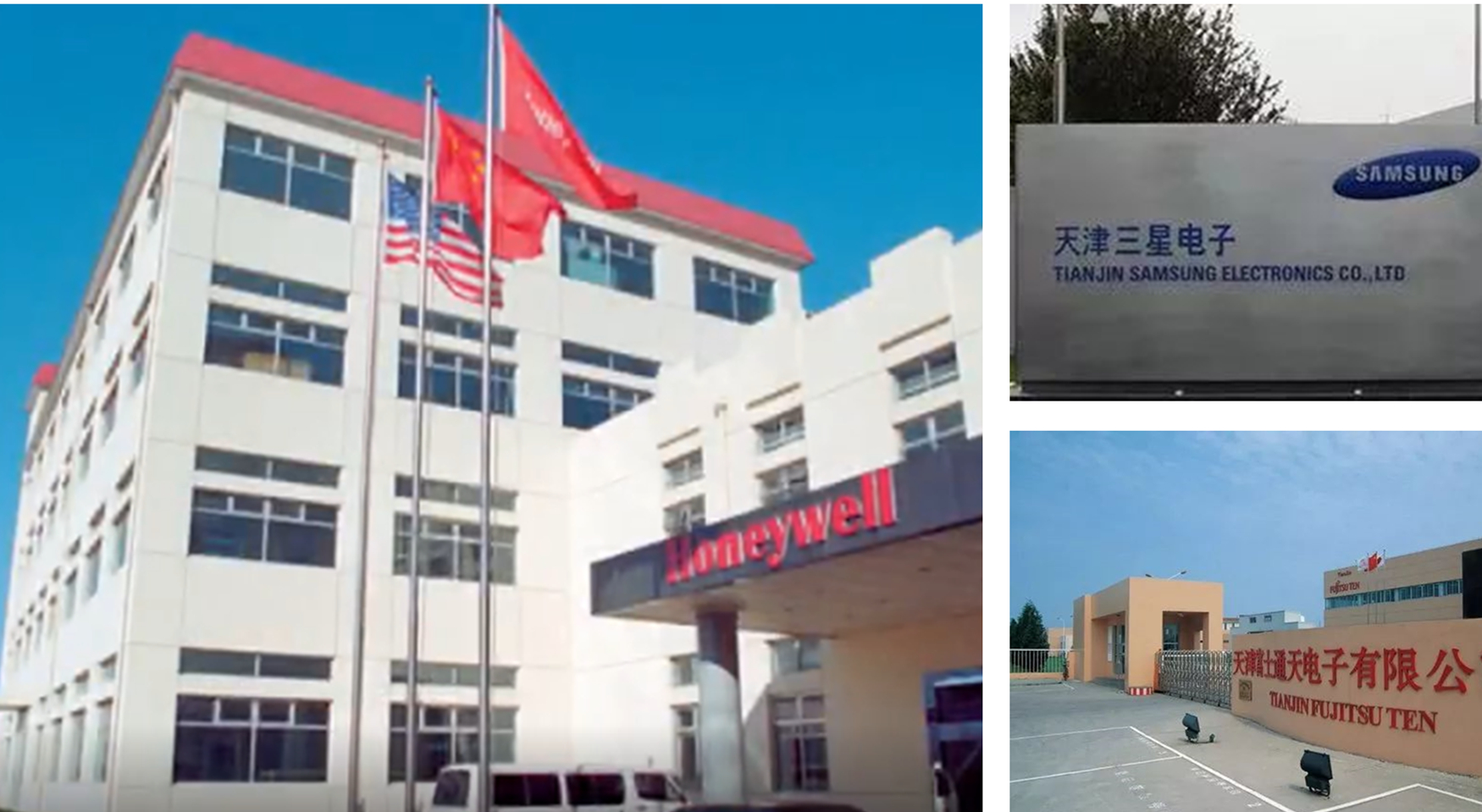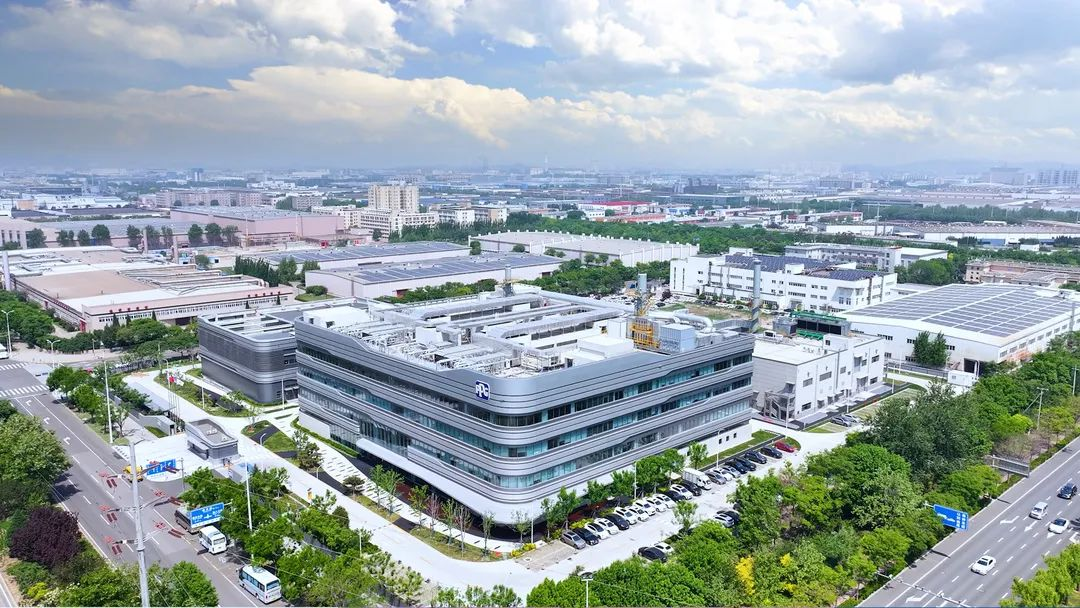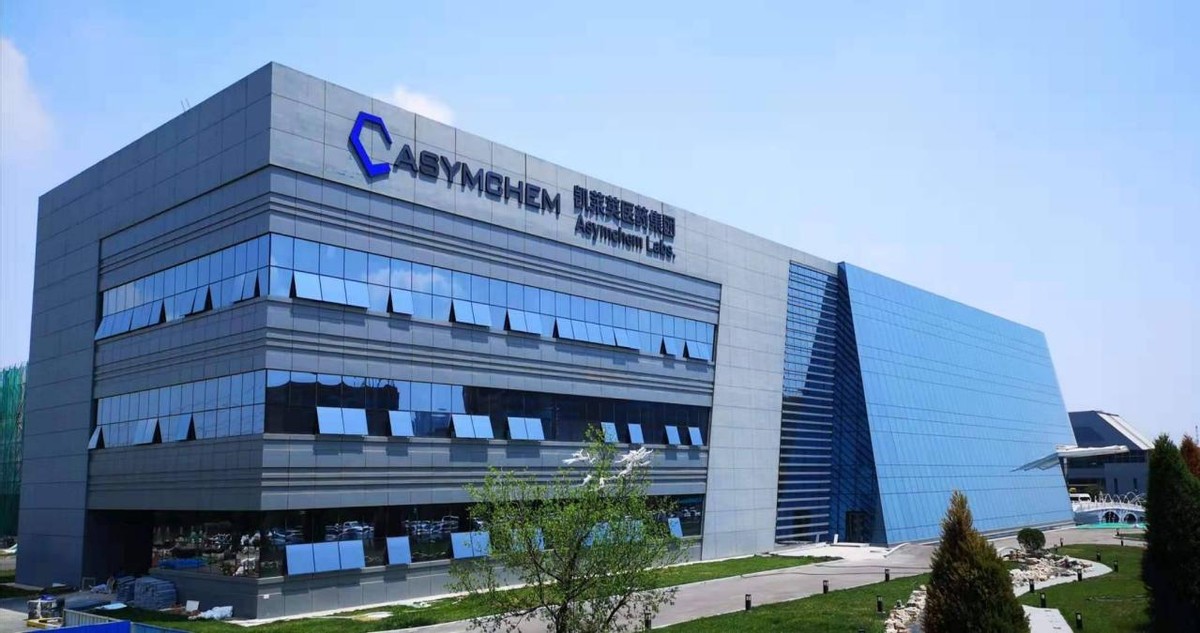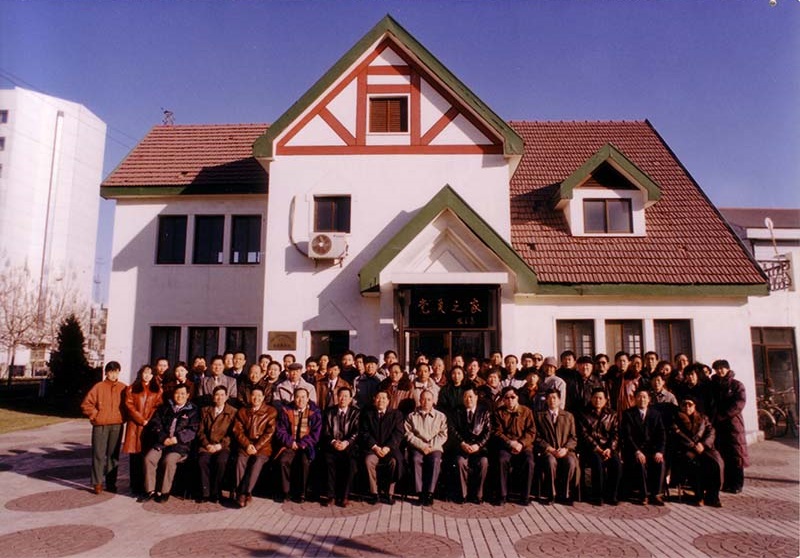Growing with Our Investors—Serving Investors in an All-round Way and Building a Beautiful TEDA (1995–1999) (Part II)
Following the entry of multinational giants such as Motorola and Samsung, TEDA significantly boosted its international reputation, and welcomed a number of high-level and high-quality projects of multinational corporations, fueling a boom in local manufacturing, especially in the electronics & IT sector. In the late 1990s, TEDA made visionary strategic plans to introduce promising industries with potential for future growth and attracted quite a number of innovative small and medium-sized enterprises (SMEs).

TEDA plays a crucial role in China’s modern electronics & IT industry. In the 1990s, global telecommunications giant Motorola’s started its journey in China from TEDA, unveiling the booming of local electronics & IT sector. Following Motorola, Samsung established multiple companies within TEDA in just a few years, including Tianjin Samsung Electronics Co., Ltd., Samsung Display Co., Ltd., etc. Multinationals like Motorola and Sumsung brought advanced products and technologies to TEDA and China, creating a strong “magnet” effect that attracted numerous leading foreign suppliers. Moreover, they also promoted the growth of local suppliers and fostered the upstream and downstream of the industrial chain. As a result, TEDA’s electronics & IT industry quickly expanded from zero to hero.

Leveraging its robust electronics & IT industry, favorable investment environment, and convenient services, TEDA became a magnet for more global leaders such as Fujitsu Ten Electronics, General Semiconductor, and Honeywell. These companies further strengthened TEDA’s industrial base, triggering substantial growth. Today, TEDA is recognized as a national-level demo zone for the neo-industrialization of electronics & IT, boasting a 100-billion-yuan industry cluster with leading position in various sub-fields. Companies like General Semiconductor and Honeywell kept on growing with TEDA, serving as major contributors to the area’s industrial chain enhancement and high-quality development.
Samsung has witnessed TEDA’s ever-growing electronics & IT industry over the past three decades. TEDA has provided comprehensive support to Samsung and addressed the actual needs of the company, from project settlement, facility construction, policy implementation, to employee accommodation. As TEDA upgrades its industrial structure and Samsung adjusts its investment focus in China, the company’s business in TEDA also evolves, transitioning from electronic assembly in its early years to high-tech projects like OLED displays, multi-layer ceramic capacitors, and lithium-ion batteries. This transformation not only prepared “refurbished cages for new birds” but also contributed to TEDA’s economic and industrial development.

As TEDA continued to improve its infrastructure and investment environment, the area witnessed rapid development in various manufacturing sectors not only in the electronics & IT industry. During this period, numerous multinational corporations established strong presence in TEDA, spurring an investment boom. Notable examples include the establishment of Tianjin Stanley Electric Co., Ltd. in July 1995, the groundbreaking ceremony of Novo Nordisk Tianjin Factory in TEDA in September 1995, the opening of PPG Tianjin Factory in 1996, and the relocation of Coca-Cola’s headquarter to TEDA in 1997. All these examples fully represented the recognition of enterprises to TEDA. These multinational projects significantly influenced TEDA and Tianjin’s industrial development, raising the overall level of manufacturing in the city and fostering abundant skilled industrial and technical talents for future upgrades.

PPG, the global leading green manufacturer of paints, coatings, and specialty materials is one of the early new chemical materials enterprises to enter TEDA. The company’s choice of TEDA was due to various considerations, including location, infrastructure, and regional services. “TEDA has excellent hardware facilities, a very organized management team, and an open-minded approach, making us a perfect match,” said Yan Caiming, General Manager of PPG Asia-Pacific. Since its start of operations in 1996, PPG has increased its investment and production capacity multiple times. The PPG Coatings (Tianjin) Co., Ltd. grew up to be PPG’s largest coatings factory worldwide in 2012. To this day, PPG still continues to expand its business in TEDA.
In 2023, PPG’s Electric Vehicle & Smart Mobility Innovative Application Center and PPG Global Coatings Innovation Center in TEDA were both put into use. Yan Caiming stated that PPG’s decision to establish its two research centers in TEDA was the result of careful consideration and comparison with other regions in China. “TEDA formulated the fastest and best feasible execution plan for the project. During the preparation and construction period, TEDA showcased its advantages as a national-level development zone with innovation, breakthroughs, and strong execution in comprehensive policy support and auxiliary facility building,” said Yan.
Investors are kings while projects are the lifeline. It is TEDA’s long-standing commitment to facilitating enterprise development and continually upgrading its services that has given PPG and other multinational corporations the confidence to take roots in TEDA, which in turn have driven the development of TEDA’s industries. These industry leaders have become an indispensable part of TEDA’s investment environment, and successfully attracted more investors.

In the late 1990s, while introducing large multinational corporations, TEDA began turning its eyes toward promising start-ups. That’s when Asymchem came into TEDA’s sight.
Asymchem Laboratories Inc. was founded by Hong Hao in the United States in 1995, later becoming known as Asymchem. In 1998, Hong Hao decided to establish a pharmaceutical company in China. TEDA recognized the burgeoning global demand for pharmaceutical outsourcing—a field where China was still largely untapped. Despite being a small startup, TEDA highly valued Asymchem. TEDA Decision makers visited company executives in the US, and proactively reached out to provide necessary operational support in the initial period including office building. “This demonstrated TEDA’s foresight in recognizing future industry trends and willingness to welcome such innovative enterprises early on,” said Hong.

Asymchem Chemical (Tianjin) Co., Ltd. (now known as Asymchem) was established by Hong Hao in TEDA in 1998, with comprehensive support provided by TEDA. Such support helped Asymchem grow from a startup to a leader in the CDMO (Contract Development and Manufacturing Organization) industry. Centered in Tianjin, Asymchem has established 8 R&D and production bases and over 20 companies around the globe, becoming a global leader in the pharmaceutical outsourcing segment. Asymchem has also collaborated with Haihe River Industry Fund and others to establish the Tianjin Haihe Asymchem Biopharmaceutical Industry Innovation Investment Fund, aiming to build a biopharmaceutical innovation cluster in Tianjin.
The growth of Asymchem is a testament to TEDA’s commitment to fostering enterprise development. Alongside Asymchem, TEDA’s biopharmaceutical industry also witnessed rapid growth. TEDA kept attracting global pharmaceutical giants like Novo Nordisk and Novozymes, and gave birth to notable companies like CanSino Biologics.

As a frontier of China’s reform and opening-up, TEDA always embraces the spirit of innovation. Seeing an influx of foreign enterprises, TEDA decided to strengthen CPC building to help these enterprises operate more efficiently.

In 1997, the Communist Party of China (CPC) Committee of Motorola (China) Electronics Co., Ltd. was established, which is the first CPC committee in a foreign-invested enterprise nationwide. This committee played a significant role in promoting harmonious labor relations and safeguarding employee rights. Over 80% of the company’s CPC members served as managers and technical leaders, demonstrating the integration of party and corporate leadership. According to Motorola’s foreign executives, “The company relies on talents, most of whom are CPC members.”
With the rapid growth of joint ventures and foreign-invested enterprises, the number of CPC members in these enterprises in TEDA increased to nearly 4,000 by 1999. To enhance education and training for CPC members, TEDA established the “Party Members’ Home” for foreign enterprises, providing a dedicated space for activities. This initiative was the first of its kind in national-level development zones, supporting the vibrant growth of enterprises.
The continuous settlement of multinational corporations has brought advanced technologies and talents to TEDA, significantly expanding its industrial scale, fostering better synergy, and paving the way for more industrial clusters. Thus, TEDA has entered a thriving development phase.













 津公网安备 12019002000128号
津公网安备 12019002000128号

